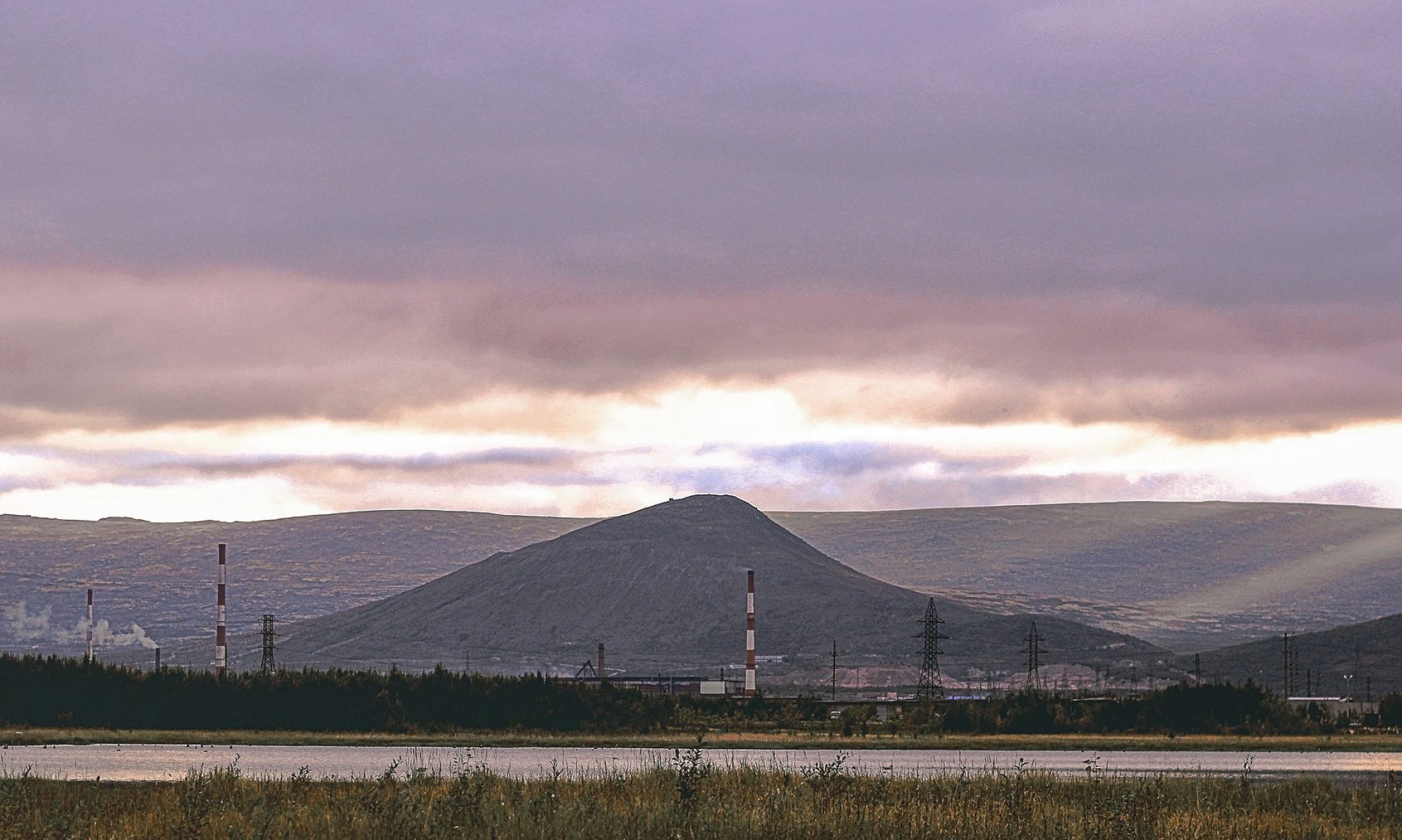Professor Veli-Pekka Tynkkynen appeared on a Russian language Estonian Radio 4 programme “Details” (Подробности), where he commented Nord Stream 2 issue from the Finnish perspective. In the programme titled “‘Nord Stream 2’ still causes heated debates” (“Северный поток-2” до сих пор вызывает жаркие споры) professor Tynkkynen said, that there still are political actors in Finland that support the pipeline project, but also there are those who are against.
Those that are supporting the project are emphasizing the economic development, but those that are against the project are touching upon the security issues. Finland has always tried not to politicize the questions of large energy flows. But we all of course understand very well, that if the ‘Nord Stream 2’ is built, that would mean the increase of dependence on Russia in gas supply area.
